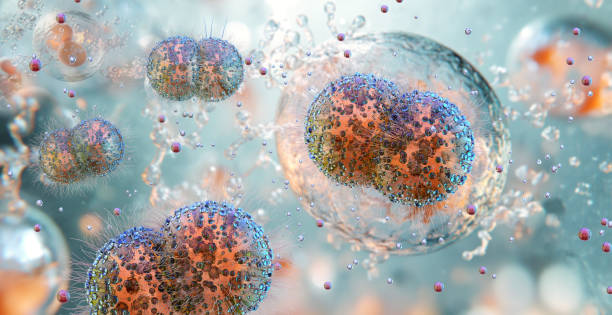By Evans Matthews
Menopause is a natural phase in a woman’s life, marking the end of her menstrual cycles and fertility. It typically occurs between the ages of 45 and 55, although some women may experience it earlier or later. While it is a universal biological process, the signs, symptoms, and coping strategies can vary widely depending on cultural, lifestyle, and healthcare factors.
Understanding Menopause
Menopause is officially diagnosed after 12 consecutive months without a menstrual period, without other medical causes. It occurs because the ovaries gradually produce less estrogen and progesterone—hormones essential for reproduction. This hormonal change can lead to a variety of physical and emotional symptoms.
Dr. Anita Chukwuma, a Lagos-based gynecologist, explains:
“Menopause is not a disease, but a natural transition. However, the symptoms can affect a woman’s quality of life if not properly understood and managed.”
Signs and Symptoms
The experience of menopause differs for every woman, but common symptoms include:
- Hot flashes and night sweats – sudden feelings of heat, often accompanied by sweating.
- Irregular periods – before menopause fully sets in, menstrual cycles may become shorter, longer, or unpredictable.
- Vaginal dryness – due to reduced estrogen levels, leading to discomfort during intimacy.
- Mood swings and irritability – hormonal fluctuations can affect emotions and mental health.
- Sleep disturbances – insomnia or poor-quality sleep often occurs.
- Memory and concentration issues – sometimes referred to as “brain fog.”
- Joint pains and muscle aches – linked to hormonal changes and aging.
Internationally, studies show that women in Western countries often report hot flashes as the most troublesome symptom, while in African and Asian settings, joint pains and mood changes are also widely noted.
Management and Coping Strategies
- Lifestyle Adjustments
Eating a balanced diet rich in fruits, vegetables, whole grains, and lean proteins helps maintain bone and heart health. In Nigeria, incorporating calcium-rich foods like leafy greens, okra, and low-fat dairy is beneficial. Regular physical activity—walking, yoga, swimming—improves mood, strengthens bones, and reduces hot flashes.
- Medical Interventions
Hormone Replacement Therapy (HRT): This can ease symptoms by replacing hormones, but it’s not suitable for everyone. It’s essential to consult a healthcare provider about the risks and benefits.
Non-hormonal medications: Some antidepressants and anti-seizure drugs can help with hot flashes and mood swings.
- Natural Remedies
Herbal supplements like black cohosh, red clover, and soy-based products are used worldwide, though their effectiveness varies. In Nigeria, some women use local remedies such as moringa leaves and flaxseed-infused diets, but these should be taken with medical guidance.
- Emotional and Social Support
Support groups, whether in-person or online, allow women to share experiences and coping tips.
“Talking about menopause openly helps remove the stigma and empowers women to seek help,” says Dr. Maria Gómez, a women’s health advocate in Spain.
5. Sexual Health Care
Vaginal moisturizers and lubricants can ease dryness. Open communication with a partner helps maintain intimacy during this phase.
Breaking the Silence
In many African cultures, menopause is rarely discussed openly, leading to misconceptions. Some view it as the start of physical decline, while others see it as freedom from reproductive responsibilities. Education and awareness are key to helping women navigate this stage with dignity and confidence.
Globally, the conversation around menopause is expanding. From corporate wellness programs in the UK to grassroots health workshops in rural Nigeria, the emphasis is shifting toward recognizing and addressing women’s needs during this transition.
Final Thoughts
Menopause is a natural milestone, not an illness. Understanding the signs, seeking medical advice when necessary, and adopting a healthy lifestyle can make the journey smoother. By breaking cultural silence and embracing open conversations, women can enter this phase with strength, knowledge, and grace.





